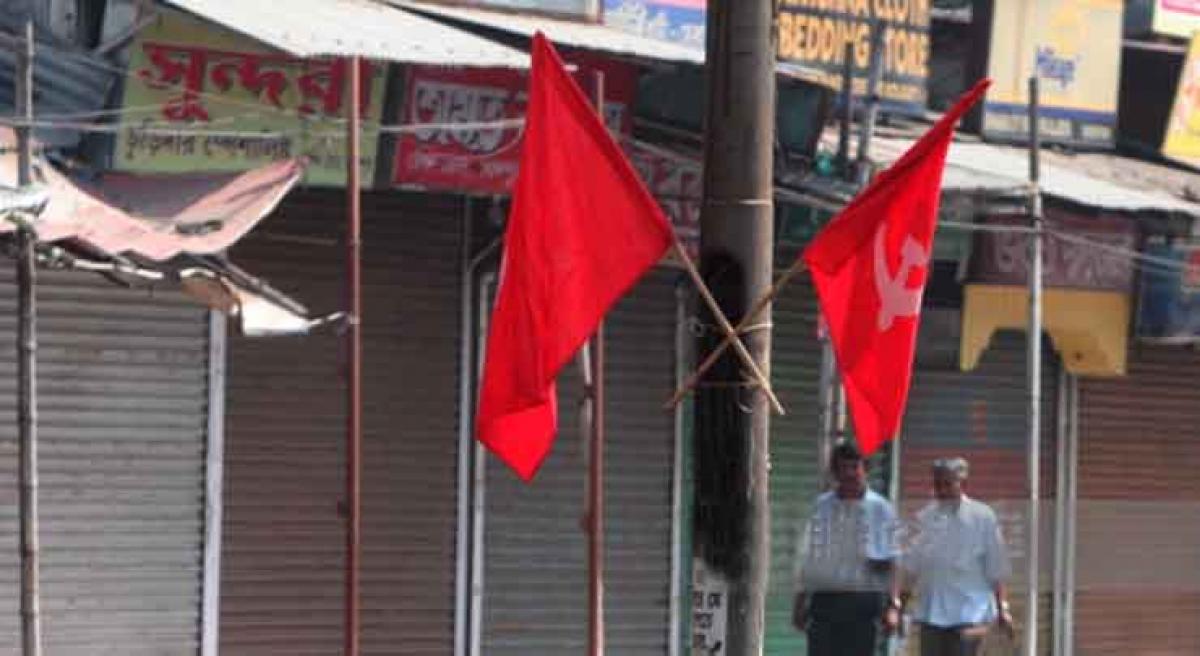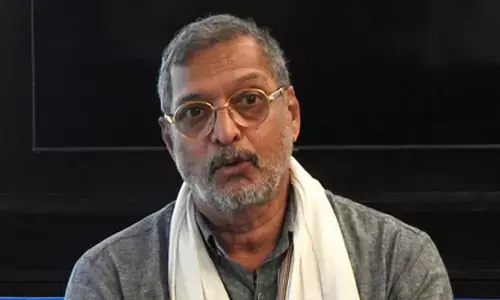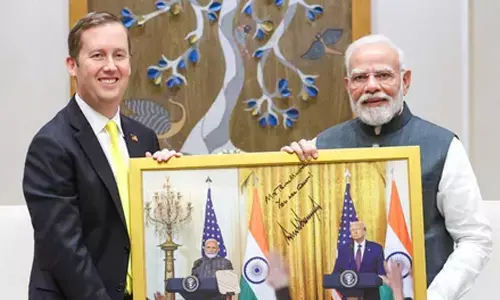Reforming the labour

Yet another all India strike is to adversely hit the nation’s economy. The strike once again reminds us of the urgency of resolving the vexed question of labour reforms. The striking unions among other economic demands are opposing amendments to labour laws euphemistically called labour reforms.
Yet another all India strike is to adversely hit the nation’s economy. The strike once again reminds us of the urgency of resolving the vexed question of labour reforms. The striking unions among other economic demands are opposing amendments to labour laws euphemistically called labour reforms.
.jpg)
The industry and the working class are at loggerheads, each taking mutually irreconcilable positions. The beauty of democracy is in negotiating a conflict. Rigidity in the labour market inhibits growth and investment, argues the industry. The reforms envisage increasing flexibility in hiring and firing, lowering the level of protection to workers under multiple laws, etc.
The industry contends that rigid labour laws artificially increase the cost of labour, thus eroding the competitive advantage of the Indian goods and services producers in the global market. Lack of flexibility hinders scaling up of production processes, affecting the overall growth. Productivity and efficiency have no ideology.
The archaic labour laws do not suit the new market conditions, technologies, products and services, industry says thus. But, the opponents of labour reforms call this argument of India Inc a cruel hoax. Not more than 10 per cent of the India’s labour force comes under any regulatory framework as 93 per cent of country’s workforce is in the informal and unorganised sector where labour laws are hardly implemented.
In a country where there is a vast reserve of unemployed and underemployed labour force , any flexible legal regime would increase asymmetry between the labour and the capital to the detriment of the former. One cannot be oblivious to the realities of the Indian work place. There is little or no social security system to come to the support of the worker in an hour of crisis.
The large prevalence of poverty makes cheap labour abundant. Employment elasticity of the output is declining. The jobless and job loss growth and poor quality of jobs are the reality. The share of profits in gross value added and gross output in the private sector has been steadily rising even as the relative share of wages has fallen.
This reduces the bargaining power of the labour and hence unions’ resistance to any reforms. While the irresponsible unionisation takes a heavy toll on the economy, the rapacious capitalist class inflicts exploitation on the informal workforce. The modern economy needs highly mobile, enterprising and productive labour. Strong protection acts as a deterrent to this.
But, labour reforms can work under certain conditions only. Otherwise, it may lead to unwarranted labour unrest, further dampening the economy. Such conditions that can allow successful implementation of labour law reforms include alternate employment market, strong social security system, as observed by the Approach Paper to 12th Five Year Plan.
Besides, the labour wages should provide them with reasonable income surplus to fall back. Unfortunately, India has little or no such things in place, thus making labour reforms a difficult proposition to negotiate and arrive at a reasonable agreement. But any procrastination on this front would only further harm the economy.

















